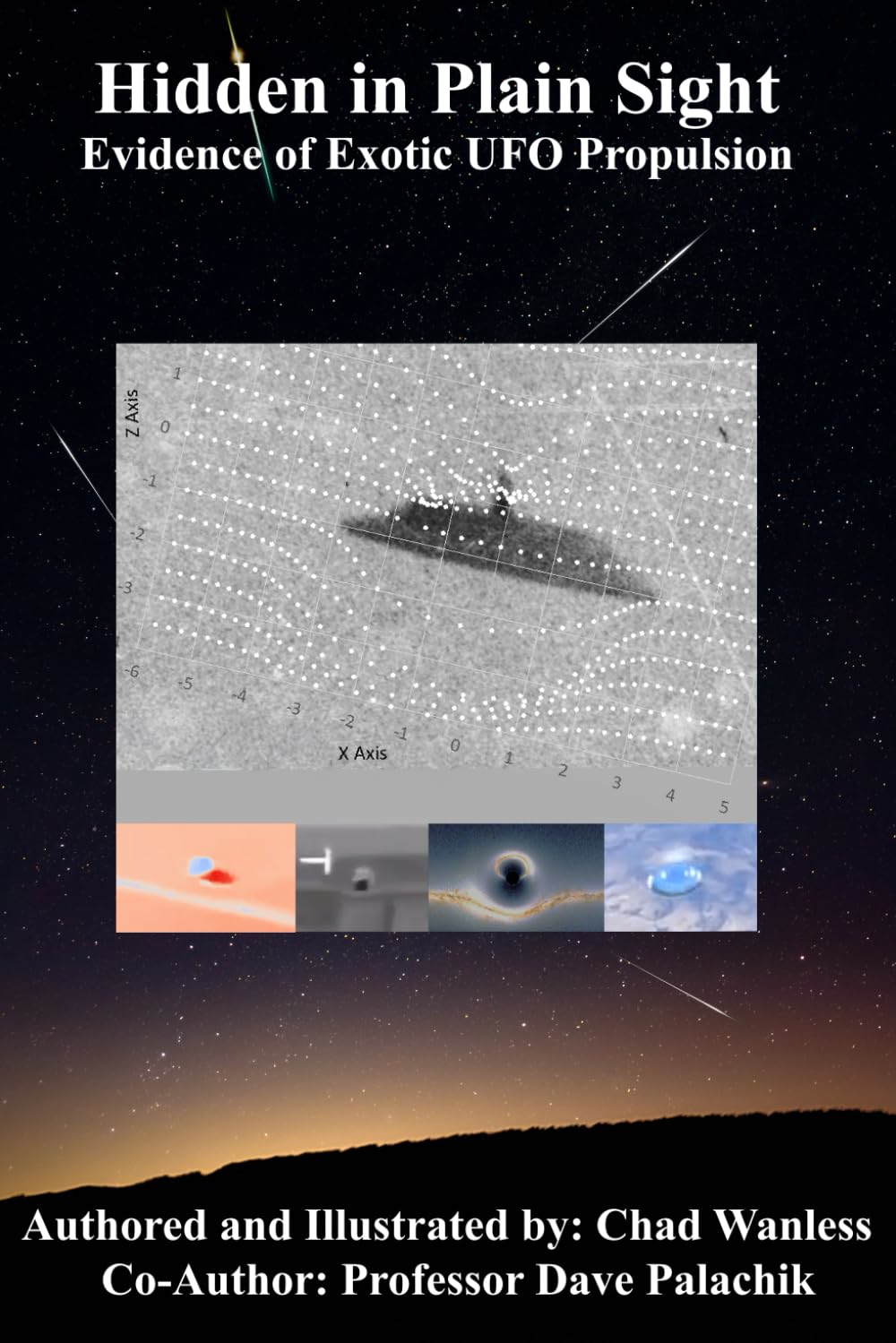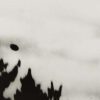Venus-like exoplanet might have oxygen atmosphere, but not life0
- From Around the Web, Space
- August 19, 2016
According to astronomers, the distant planet GJ 1132b has plenty of oxygen, but no life on the surface.
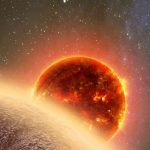
According to astronomers, the distant planet GJ 1132b has plenty of oxygen, but no life on the surface.
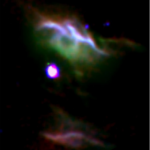
NASA inspects these “Kitchen Smoke” Molecules in the Nebula to get an idea on how life started.
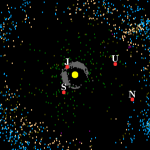
Since it fell sixteen years ago, scientists have been looking closely at the Tagish Lake meteorite, and it is made up of different materials from other meteorites.

NASA, in partnership with Space Center Houston, the Official Visitor Center of NASA Johnson Space Center, and NineSigma, a global innovation consultant organization, has opened registration for a new competition — the Space Robotics Challenge. This event seeks to develop the capabilities of humanoid robots to help astronauts on the journey to Mars.
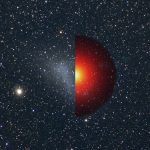
Using six or more years of data from NASA’s Fermi Gamma-ray Space Telescope, NASA has broadened the space mission’s hunt for dark matter.
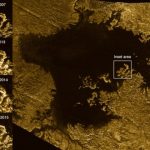
NASA’s Cassini spacecraft has found deep, steep-sided canyons on Saturn’s moon Titan that are flooded with liquid hydrocarbons. The finding represents the first direct evidence of the presence of liquid-filled channels on Titan, as well as the first observation of canyons hundreds of meters deep.
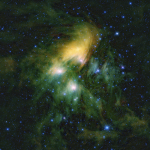
Like cosmic ballet dancers, the stars of the Pleiades cluster are spinning. But these celestial dancers are all twirling at different speeds. Astronomers have long wondered what determines the rotation rates of these stars.

With a short 1996 speech, the President of the United States changed everything.
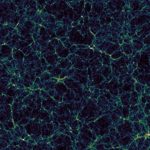
Researchers who are looking for new ways to probe the nature of gravity and dark energy in the universe have adopted a new strategy: looking at what’s not there.
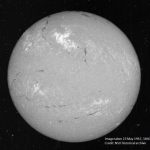
A solar storm that jammed radar and radio communications at the height of the Cold War could have led to a disastrous military conflict if not for the U.S. Air Force’s budding efforts to monitor the sun’s activity, a new study finds.
